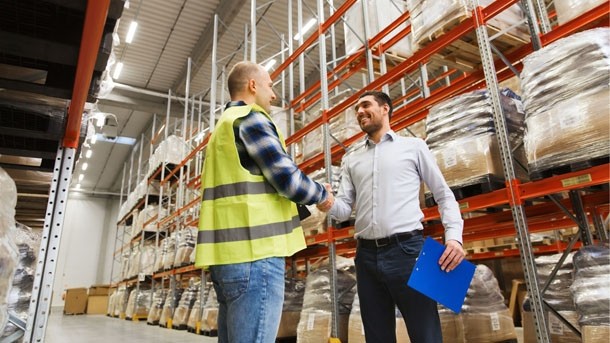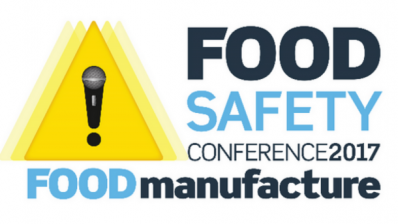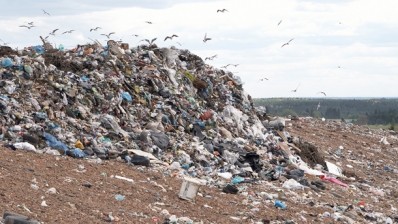Food firms ‘must protect against supply malpractice’

Before entering into a supply agreement with any potential supplier, manufacturers should conduct checks on the business and its products, said Euan Duncan, partner and head of the food and drink group at MacRoberts.
And when negotiating the supply contract, it’s important to retain powers to audit and inspect the supplier’s premises, Duncan said. “This will enable you to go to the premises and ensure they are adhering to the terms of the contract and to the appropriate quality standards,” he explained.
“By having oversight, the business is given the opportunity to inspect the supplier and to spot potentially damaging issues before they arise.”
Manufacturers should also ensure that any supply contract contains express liability provisions, Duncan suggested.
‘Liable for the actions of their suppliers’
“Businesses can find themselves liable for the actions of their suppliers where the liability provisions in the respective contracts do not contain ‘back-to-back’ protections for the company involved,” he warned.
On product specification, Duncan said manufacturers should ensure contracts with suppliers contained an accurate and specific description of the products/services they expected to receive and under what terms the supply arrangement was to be entered into.
“This will ensure that both the supplier and the business are certain of the terms of the supply, and that there is no ambiguity surrounding the specification of the products and/or services to be provided and the consequences of failure to meet the specification,” he advised.
Both consumers and organisations in the food and drink sector had become more aware of the dangers posed by the reliance on supply chain third parties in their offering to consumers, Duncan claimed.
‘Damaging public backlash’
“Many consumer-facing businesses often find themselves subject to damaging public backlash and huge criticism if a product is found to be sub-standard – or even dangerous – regardless of the fact that the problem had come from further up the supply chain,” he explained.
“Businesses need to be live to and able to protect themselves from supply chain errors that may impact upon their reputation.”
The advice followed a recent report by insurer Allianz Global Corporate & Specialty that found product liability and recall were the leading causes of business losses in the UK.
In Europe, the number of food and drink recalls/notifications in the fourth quarter of 2016 increased by 12% to 787 – its highest for two years.
Meanwhile, Food Manufacture’s 2017 food safety conference: ‘Food safety 2020: preparing your business for change’, will take place this week. You can still buy tickets to the conference here.















